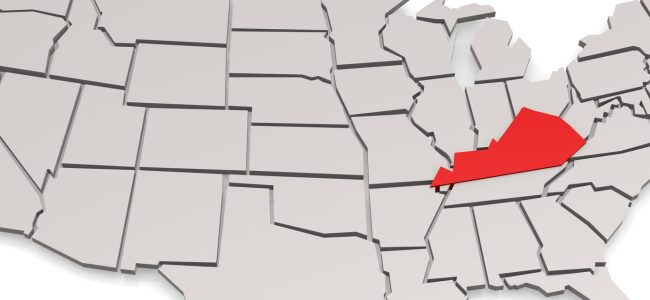BlogLine
Adjusting expectations: insurance adjusters no longer individually liable for ‘bad faith’ claims in Kentucky
2/19/24

By: Dave Cecil
The Kentucky Court of Appeals recently settled a decades-long controversy and resolved a split between Kentucky federal district courts by holding that insurance adjusters cannot be held individually liable for “bad faith.”
In Breedlove v. State Farm Fire and Cas. Ins. Co., case nos. 2022-CA-1105-MR and 2023-CA-0024-MR, Breedlove argued that Binion, an employee adjuster for State Farm, should be held liable for bad faith actions related to the handling of Breedlove’s insurance claim. Citing the Kentucky Supreme Court’s opinion in Davidson v. American Freightways, Inc., Breedlove contended that individuals engaged in the business of insurance, including adjusters like Binion, could be subject to statutory bad faith claims under the Kentucky Unfair Claims Settlement Practices Act (“KUCSPA”).
However, that interpretation of the Davidson decision posed a challenge, as different sections of the decision seemed contradictory. While Breedlove argued for individual liability based on one aspect of Davidson, State Farm maintained that Binion, not being directly obligated to pay Breedlove, could not be held liable for bad faith.
The legal landscape was further complicated by federal court observations highlighting the lack of clarity surrounding the issue. The Eastern District of Kentucky had expressed uncertainty on the issue, while the Western District had consistently ruled against individual liability for insurance adjusters in bad faith claims. Based on that difference, courts in the Western District found that adding Kentucky-resident adjusters to a bad faith claim is fraudulent, so it can retain jurisdiction of removed cases. The Eastern District has consistently remanded such cases to state court.
Ultimately, the Court of Appeals concluded that insurance adjusters employed by insurers are not personally liable for bad faith claims. Citing the precedent set forth in Davidson and subsequent case law, the court emphasized the necessity of contractual privity for bad faith actions. Without a direct contractual obligation to the claimant, insurance adjusters cannot be held individually responsible for bad faith.
This ruling aligns with the majority position among courts grappling with similar issues nationwide. The prevailing notion is that insurance adjusters, whether employed directly by insurers or independently, owe their duty of good faith to the insurer, not the insured.
In essence, Breedlove underscores the importance of contractual obligations in determining liability for bad faith claims. While the KUCSPA aims to regulate the conduct of insurance companies, it does not extend the same liability to individual adjusters unless they are parties to the insurance contract with a direct obligation to the claimant.
As the legal landscape continues to evolve, clarity on the responsibilities and liabilities of insurance adjusters in bad faith claims remains crucial for both insurers and policyholders. Discretionary review by the Kentucky Supreme Court will likely be sought, but this opinion is a step in the right direction for insurance adjusters in the Commonwealth.
Read the full text of the opinion here: http://opinions.kycourts.net/COA/2022-CA-001105.PDF
For more information, please contact Dave Cecil at dave.cecil@fmglaw.com or your local FMG attorney.
Share
Save Print